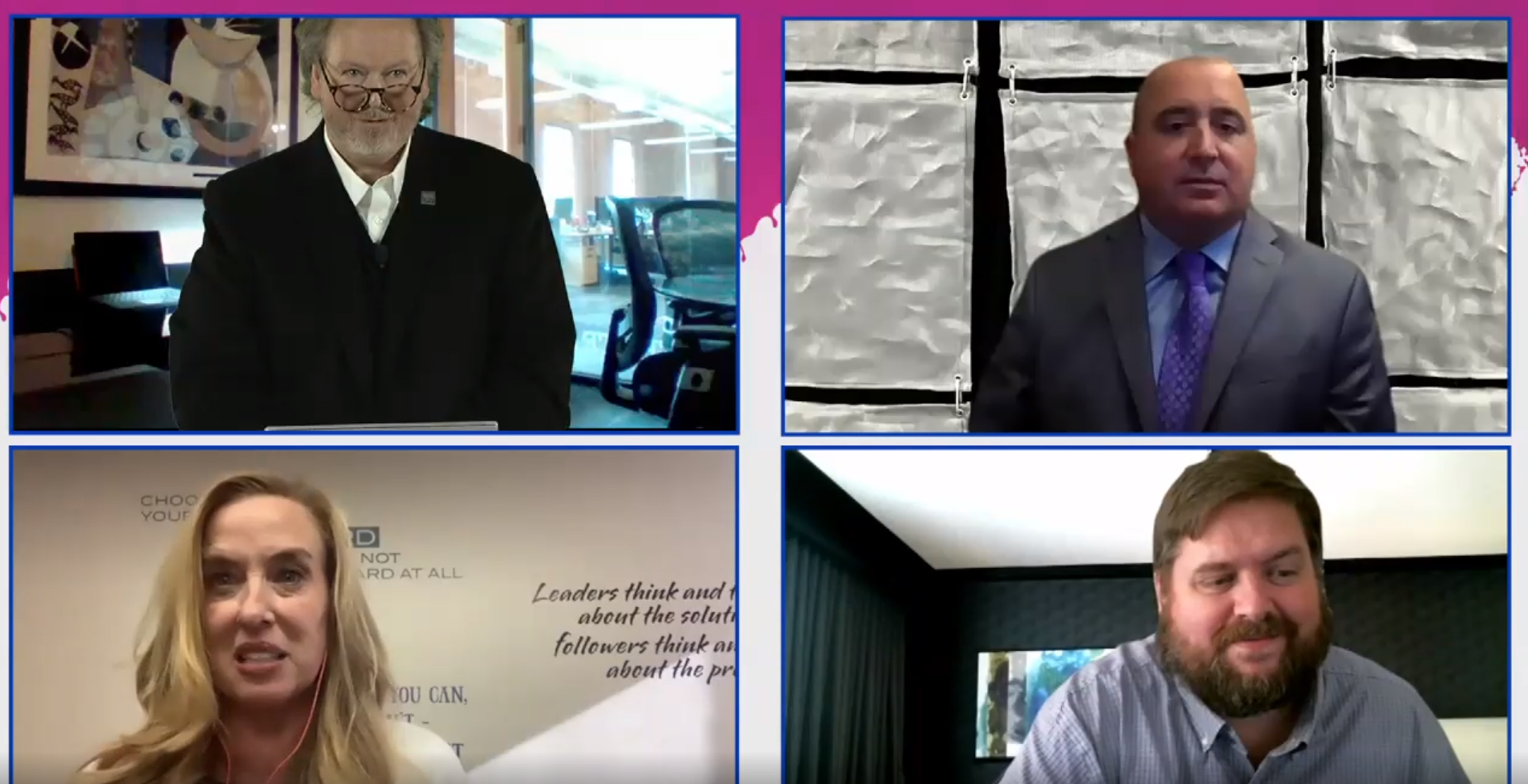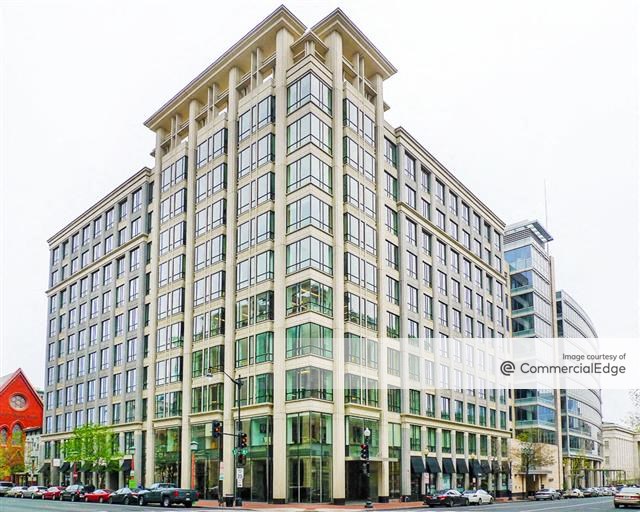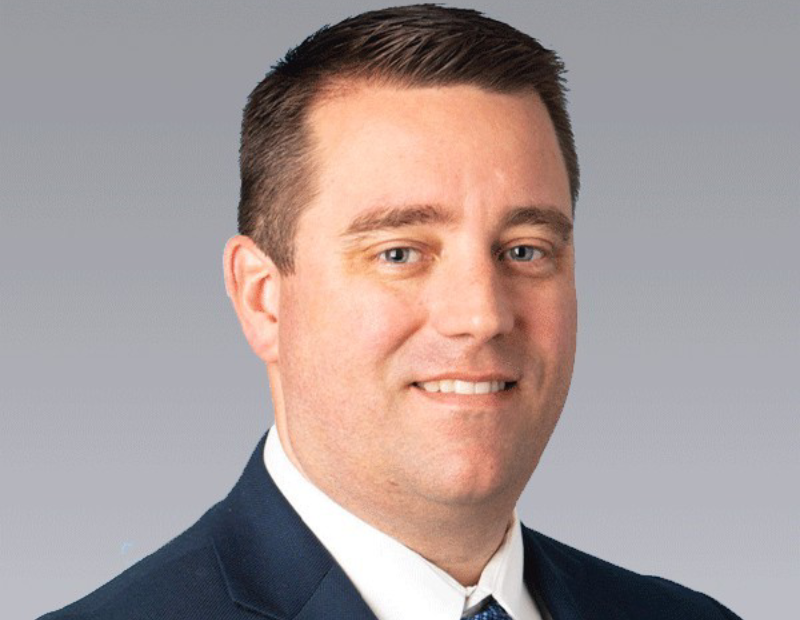Top Challenges for Office Owners, Property Managers
Experts at IREM’s 2020 Virtual Summit discuss concerns and solutions for some of the biggest issues the pandemic has created.
Seven months into a global health crisis that has led to unprecedented challenges for many industries, real estate leaders continue to face ongoing issues, while also dealing with new concerns.
Considering the increasing number of new COVID-19 cases in the U.S., the fast-approaching election and the fact that further stimulus relief is stalled in Congress, members of the commercial real estate sector are worried about the long-term health and stability of commercial real estate.
READ ALSO: The Impact of Health, Social Inequity on Real Estate
“I called Lynn (Disbrow) at IREM and said, ‘I don’t know what just happened, but we’re heading into something that’s going to hit our industry very hard,’” recalled Hawkins Cos. Director of Property Management Mindy Gronbeck on the early days of the pandemic, during a panel discussion at IREM’s 2020 Virtual Summit Series Oct. 15.
During the panel, Gronbeck and other participants broke down specific challenges in the industry and what’s being done to help mitigate them.
Legislative issues
The last stimulus relief bill to pass the House and Senate, the $2.2 trillion CARES Act, was signed into law in late March of this year. Since then, both Democrats and Republicans have proposed further stimulus relief packages, but none have made it through Congress.
“Here we are in the middle of fall, and another relief package has not been signed or compromised on or passed, that’s still an issue,” said IREM’s Director of Government Affairs, Ted Thurn.
Like several other industry groups, IREM has been pushing for significant federal rental assistance for the multifamily industry and is currently looking at whether the CDC’s nationwide eviction moratorium that was enacted in early September is legally valid.
On the commercial side, nothing in the proposed federal stimulus packages contains measures related to rental assistance for commercial real estate, said Thurn. There has been talk about a potential reboot of the PPP program in the next stimulus bill that could be available for small businesses and talk of a direct assistance fund to provide liquidity for businesses impacted by COVID-19, but at the moment, they are just discussions.
“I wish I had better news,” said Thurn. “There’s not a lot out there as of today.”
He urged IREM members to build relationships with federal, state and local reps, and advocate for the industry’s needs. “You’re going to need to get in front of these people and show them that you are the expert, because you are the expert in this industry,” he said.
HVAC and building systems
Wade Conlan is the Commissioning and Energy Discipline Manager at Hanson Professional Services, an engineering and planning firm, and a member of the American Society of Heating, Refrigerating and Air-Conditioning Engineers’ (ASHRAE) task force that in June focused on how to reopen buildings in the new COVID-19 landscape.
As office buildings continue to open back up to tenants, Conlan is working with owners and property managers to get HVAC systems in the best shape possible in order to mitigate the potential spread of the virus.
“I wish I could say everyone has everything in place and knows what they’re doing,” he said. “In a lot of places, people are still trying to figure it out. That’s still a struggle for a lot of individuals, and it’s a big push for the HVAC industry.”
One of the biggest challenges is evaluating a building’s envelope in relation to humidity levels. It’s crucial to look at the envelope because of the possibility of condensation and water getting in a building, which could cause more problems in relation to the transmission of the virus.
Conlan also pointed to issues related to needed maintenance in buildings.
“I think right now there’s a lot of deferred maintenance in buildings and people weren’t really aware of how the systems were operating, how many issues they truly had and how many band-aids were put in place,” he said. He anticipates that many owners will require capital expenditure programs and that people will need to make some “big decisions” about their properties.
Tenants’ rent burden
For Gronbeck, whose company has properties in 26 states across the country, rent deferrals for her commercial tenants began in March, when 25 percent of her portfolio asked for rent abatement. Just 10 days into April, her firm knew they would likely receive just 35 percent of rent payments for the month, while most other tenants would ask for a rent deferral.
“Even prior to the stimulus funds becoming available, some people just could emotionally not get over the fact that they couldn’t pay rent for April,” said Gronbeck of tenants’ struggles. For the most part, her firm worked out agreements anywhere from 6 to 12 months to pay back arrears, with some even longer than that.
While many businesses have been able to reopen at some capacity, others have remained closed due to local and state regulations. “I do think places like restaurants, massage places, bars, clubs, theaters—those are going to be a long, long conversation over the next few years,” said Gronbeck. “We’ll do everything we can to keep them as a tenant, but what that looks like down the road, I’m honestly not sure.”
As things continue to change on a weekly and even a daily basis, commercial landlords worry about the future of certain retail segments, like theaters, which have taken a big hit during the pandemic. Recently, major movie studios announced they were pushing back films slated to open during the Christmas season, leading many theaters that had opened back up to again close their doors.
“They may not survive,” said Gronbeck. And as case numbers continue to rise across the country, there is uncertainty over whether states will revert back to shutdown measures or keep businesses open. “I don’t think anyone can guess what will happen in next three to six months,” she said.








You must be logged in to post a comment.